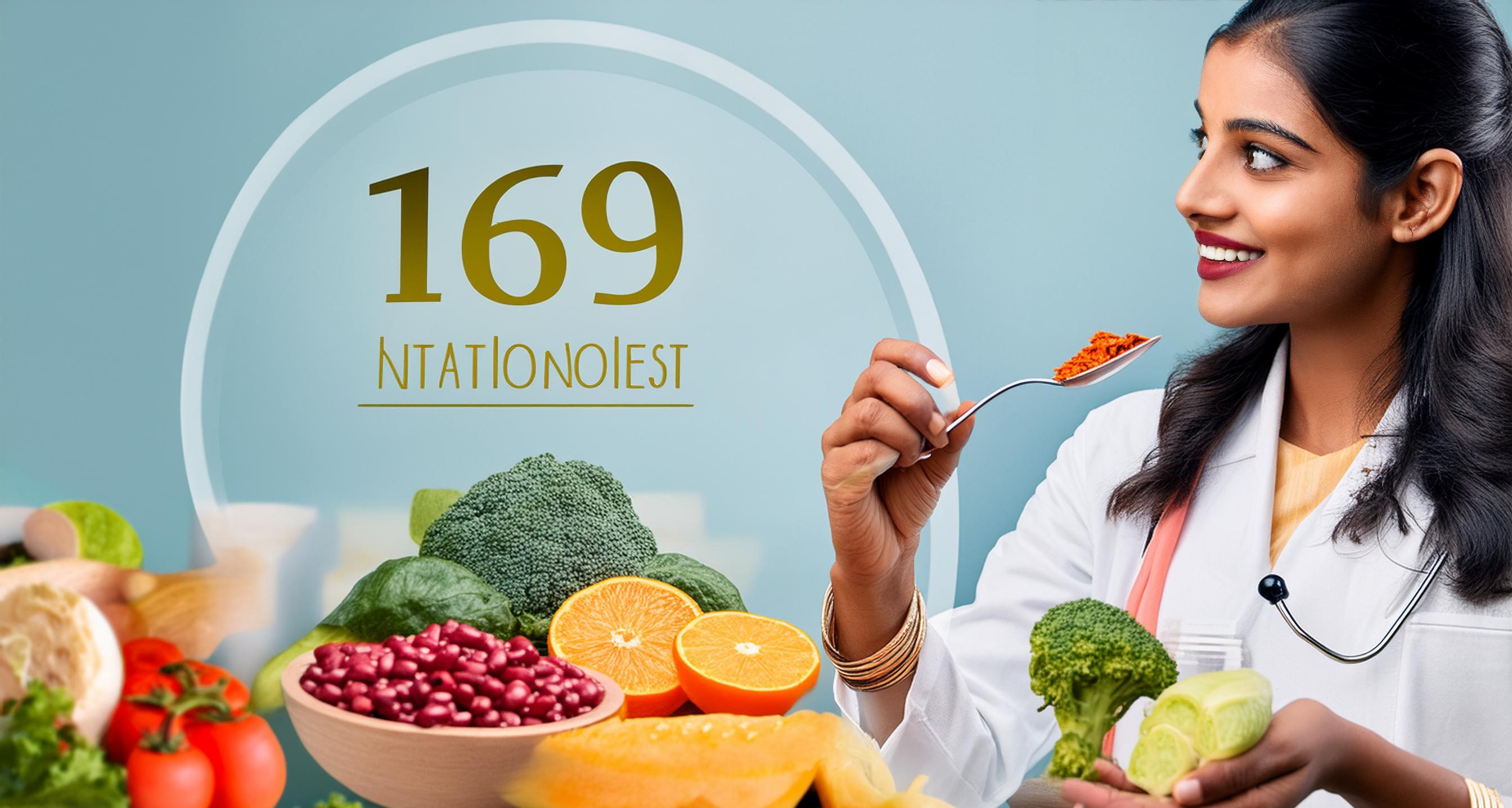Polycystic ovary syndrome (PCOS) is a complex hormonal disorder that can be influenced by a combination of genetic, environmental, and lifestyle factors. While the exact cause of PCOS is not fully understood, several factors may contribute to its development:

Genetics:
There appears to be a strong genetic component to PCOS. Females who have relatives with polycystic ovary syndrome (PCOS) face an elevated likelihood of experiencing the condition themselves. Specific genetic variations may predispose individuals to hormonal imbalances and insulin resistance, which are hallmark features of PCOS.
Hormonal Imbalances:
PCOS is characterized by elevated levels of androgens (male hormones) such as testosterone, as well as imbalances in other hormones such as insulin, luteinizing hormone (LH), and follicle-stimulating hormone (FSH). These hormonal imbalances can disrupt the normal function of the ovaries, leading to irregular menstrual cycles, ovulatory dysfunction, and the formation of ovarian cysts.
Insulin Resistance:
Insulin resistance is a condition in which the body's cells become less responsive to the effects of insulin, leading to elevated insulin levels in the blood. Insulin resistance is common in women with PCOS and is believed to play a central role in the development of the condition. Elevated insulin levels can stimulate the ovaries to produce excess androgens, disrupt normal ovarian function, and contribute to weight gain and metabolic disturbances.
Lifestyle Factors:
Certain lifestyle factors, such as diet, physical activity levels, and stress, may influence the development and severity of PCOS. Poor dietary habits, excessive calorie intake, and a sedentary lifestyle can exacerbate insulin resistance and weight gain, which are common features of PCOS. Chronic stress may also contribute to hormonal imbalances and exacerbate PCOS symptoms.
Environmental Factors:
Exposure to environmental toxins, endocrine-disrupting chemicals, and pollutants may potentially contribute to the development of PCOS or worsen its symptoms. However, more research is needed to fully understand the impact of environmental factors on PCOS. It's important to be mindful of dietary choices to help manage symptoms and improve overall health. While there are no specific foods that must be completely avoided, some dietary considerations may be beneficial for individuals with PCOS.
Food that may be adverse to the Condition:
Their certain dietary choices can exacerbate symptoms and contribute to metabolic disturbances commonly associated with the condition. Here are some foods that may adversely affect PCOS and should be limited or avoided:
Highly Processed Foods:
Foods that are highly processed and high in added sugars, unhealthy fats, and refined carbohydrates should be limited. This includes sugary snacks, sweets, sugary beverages, pastries, cakes, cookies, and fried foods. These foods can contribute to weight gain, insulin resistance, and inflammation, all of which can exacerbate PCOS symptoms.
Refined Carbohydrates:
Foods made with refined grains, such as white bread, white rice, and pasta, should be consumed in moderation. These foods can cause rapid spikes in blood sugar levels and may contribute to insulin resistance. Opt for whole grain alternatives, such as whole wheat bread, brown rice, quinoa, and oats, which provide more fibre and nutrients.
High-Glycemic Index (GI) Foods:
Foods with a high glycemic index can cause sharp increases in blood sugar levels. Limiting high-GI foods may help stabilise blood sugar levels and improve insulin sensitivity. Examples of high-GI foods include white potatoes, cornflakes, sugary cereals, and melons. Instead, choose lower GI alternatives like sweet potatoes, whole grains, legumes, and most fruits.
Sugary Beverages:
Sweetened beverages such as soda, fruit juices with added sugars, energy drinks, and sweetened iced teas should be avoided or consumed sparingly. These beverages are high in empty calories and can contribute to weight gain and insulin resistance. Choose water, herbal teas, or beverages without added sugar instead.
Excessive Dairy and Animal Fats:
While dairy products can be a part of a balanced diet, some women with PCOS may benefit from limiting their intake of full-fat dairy products, especially those high in saturated fats. Choose low-fat or non-dairy alternatives like almond milk, soy milk, or Greek yogurt. Limit consumption of red and processed meats, which are high in saturated fats and may increase inflammation.
Alcohol:
May disturb hormone balance, hinder liver performance, and promote weight increase. Limit alcohol consumption or avoid it altogether, especially if you have PCOS-related metabolic concerns or are trying to manage your weight.
Artificial Trans Fats:
Trans fats are harmful fats found in partially hydrogenated oils used in many processed foods, such as fried foods, baked goods, and packaged snacks. Avoid foods containing trans fats as they can increase inflammation and worsen insulin resistance.
The ultimate solution: The Balance Diet
However, incorporating a balanced diet plays a crucial role in managing polycystic ovary syndrome (PCOS) by helping to address underlying hormonal imbalances, insulin resistance, and metabolic disturbances associated with the condition. Here's how a balanced diet can specifically benefit individuals with PCOS:

Stabilizing Blood Sugar Levels:
Consuming complex carbohydrates and fibre(salad, leafy vegetables, vegetables, etc.)Lean proteins and healthy fats can help stabilise blood sugar levels and improve insulin sensitivity. This is particularly important for individuals with PCOS who often experience insulin resistance, a condition in which cells become less responsive to insulin's effects.
Supporting Hormonal Balance:
Certain nutrients and dietary components can help regulate hormone levels in individuals with PCOS. For example:
Fibre-rich foods, such as fruits, vegetables, legumes, and whole grains, can help regulate estrogen metabolism and promote hormonal balance.
Healthy fats, including omega-3 fatty acids found in fatty fish, nuts, and seeds, may help reduce inflammation and support hormone production.
Phytoestrogens found in foods like soybeans, flaxseeds, and whole grains may exert weak estrogenic effects, potentially helping to balance hormone levels.
Promoting Weight Management:
Maintaining a healthy weight is important for managing PCOS symptoms and reducing the risk of complications associated with the condition, such as insulin resistance, type 2 diabetes, and cardiovascular disease. A balanced diet that emphasizes nutrient-dense foods and appropriate portion sizes can support weight management efforts.
Reducing Inflammation:
Chronic low-grade inflammation is common in individuals with PCOS and may contribute to insulin resistance, ovarian dysfunction, and other metabolic disturbances. Consuming anti-inflammatory foods, such as fruits, vegetables, fatty fish, and nuts, can help reduce inflammation and support overall health.
Improving Fertility:
For individuals with PCOS who are trying to conceive, a balanced diet that supports hormonal balance, weight management, and overall health can improve fertility outcomes. Additionally, dietary modifications may help regulate menstrual cycles and promote ovulation.
Enhancing Overall Health:
A balanced diet that provides essential nutrients, vitamins, and minerals is important for supporting overall health and well-being. Adequate intake of nutrients such as iron, calcium, vitamin D, and folate is particularly important for individuals with PCOS, as they may be at higher risk of deficiencies due to dietary restrictions, hormonal imbalances, or other factors.
In summary, adopting a balanced diet that focuses on whole, nutrient-rich foods and emphasizes moderation can play a significant role in managing PCOS symptoms, improving hormonal balance, supporting weight management, and promoting overall health and well-being. However, it's important to consult with a healthcare provider or registered dietitian for personalized dietary recommendations tailored to individual needs and preferences.
